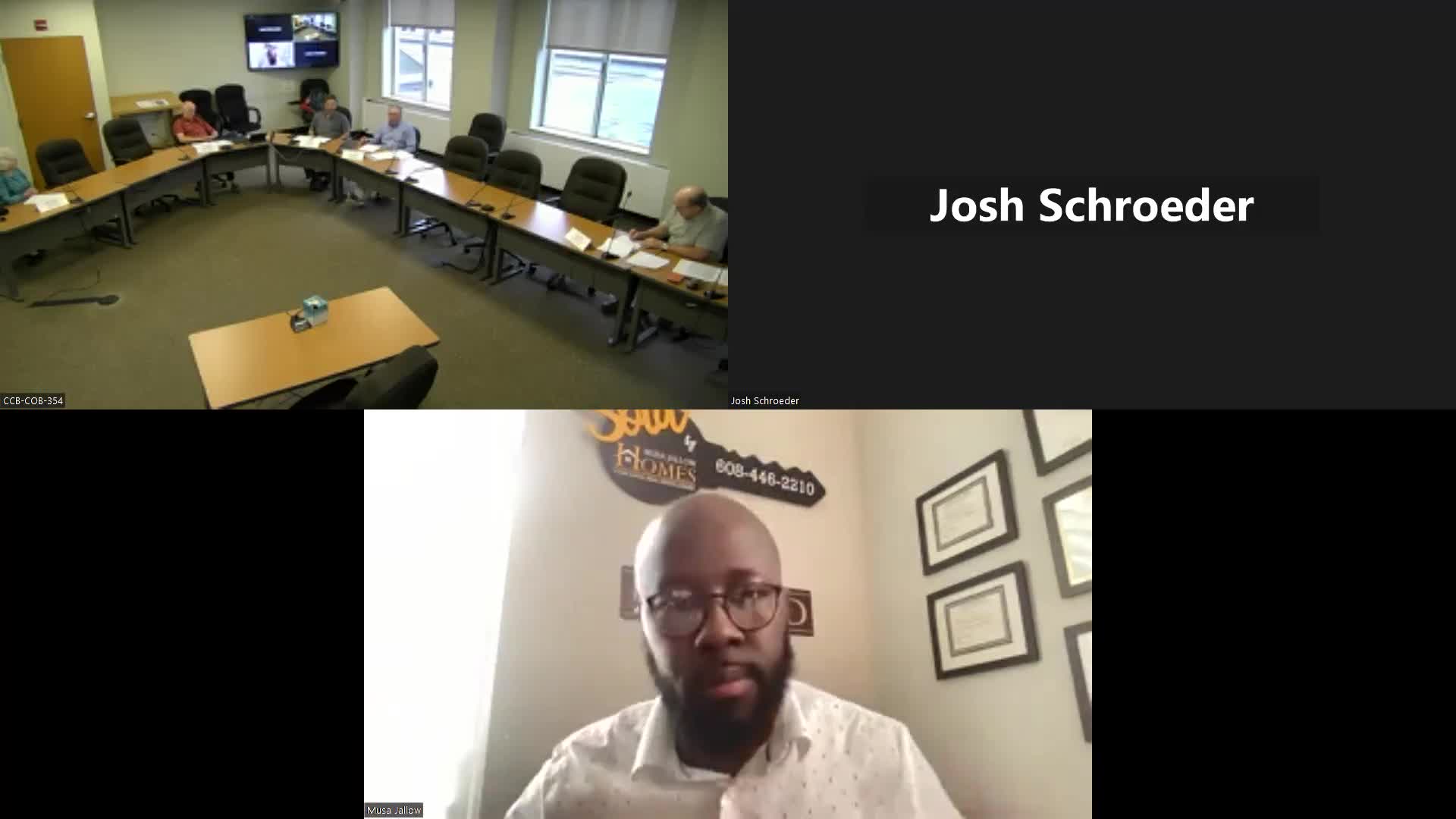County Staff Chaos Sparks Legal Concerns Over Payment Practices
June 20, 2024 | Dane County, Wisconsin

This article was created by AI summarizing key points discussed. AI makes mistakes, so for full details and context, please refer to the video of the full meeting. Please report any errors so we can fix them. Report an error »

In a recent government meeting, concerns were raised regarding the operational inefficiencies and legal ambiguities surrounding the county's condemnation commission. A commissioner expressed frustration over the lack of responsiveness from county staff, noting difficulties in obtaining necessary information and documentation. The commissioner highlighted the absence of standard employment forms, such as the I-9 and W-4, which are typically required for tax and immigration compliance when starting a job.
The discussion revealed that commissioners are paid directly by the court, which raises ethical concerns about potential conflicts of interest. The commissioner likened the situation to a hypothetical scenario where a judge receives payment from a party involved in a trial, questioning the integrity of such arrangements. Despite seeking guidance from the state ethics office, the commissioner received no clear resolution on whether accepting payment was appropriate, leading to ongoing discomfort about the situation.
Efforts to gather information from other counties about their condemnation commission practices proved challenging. Some counties, like Manitowoc, reported minimal activity, with one commissioner admitting to not having met for years. Iowa County, which had disbanded its commission until recently, faced similar uncertainties in establishing operational protocols.
The meeting concluded with the commissioners acknowledging the state law requirement to meet annually and elect a chairperson, which they accomplished. However, the overarching issues of communication, ethical standards, and operational clarity remain unresolved, prompting a call for further investigation into how other counties manage their condemnation commissions.
The discussion revealed that commissioners are paid directly by the court, which raises ethical concerns about potential conflicts of interest. The commissioner likened the situation to a hypothetical scenario where a judge receives payment from a party involved in a trial, questioning the integrity of such arrangements. Despite seeking guidance from the state ethics office, the commissioner received no clear resolution on whether accepting payment was appropriate, leading to ongoing discomfort about the situation.
Efforts to gather information from other counties about their condemnation commission practices proved challenging. Some counties, like Manitowoc, reported minimal activity, with one commissioner admitting to not having met for years. Iowa County, which had disbanded its commission until recently, faced similar uncertainties in establishing operational protocols.
The meeting concluded with the commissioners acknowledging the state law requirement to meet annually and elect a chairperson, which they accomplished. However, the overarching issues of communication, ethical standards, and operational clarity remain unresolved, prompting a call for further investigation into how other counties manage their condemnation commissions.
View full meeting
This article is based on a recent meeting—watch the full video and explore the complete transcript for deeper insights into the discussion.
View full meeting
